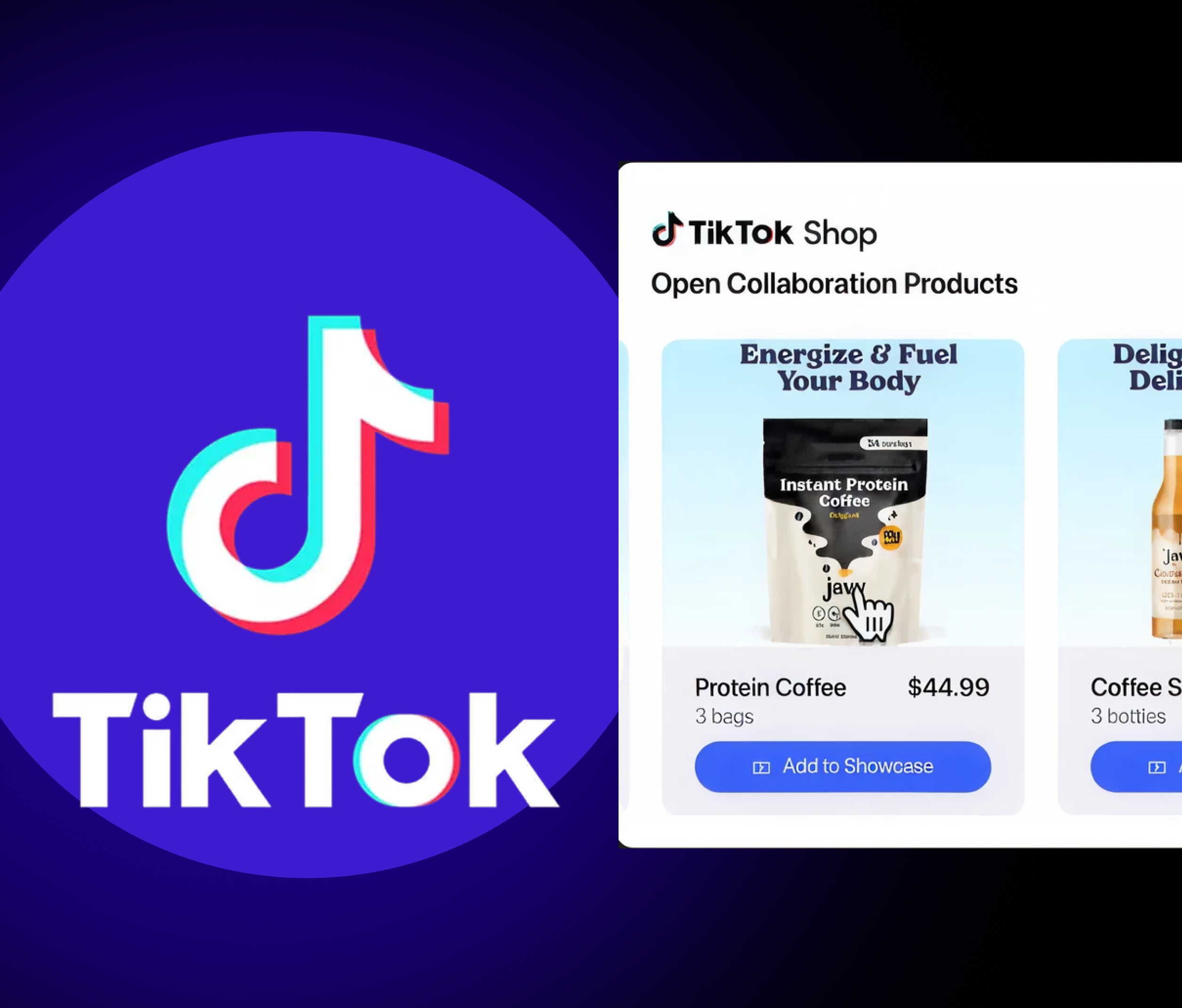When choosing a restaurant, do you go with the one that has no customers or the one that’s busy? If you’re like most people, you’ll choose the busy option, since it shows the restaurant is popular and, therefore, more likely to be great.
Social proof for online brands works similarly. It shows that past customers have bought and enjoyed your product, encouraging new shoppers to choose you.
Word-of-mouth has long been one of the most effective marketing strategies, and social proof is simply the online version of in-person recommendations.
Here is a selection of different types of social proof you can implement to increase trust, attract more customers, and boost revenue.
1. Customer Photos and Videos
Consumers tend to prefer authentic customer photos over highly-polished, branded images. It makes sense: it’s easy to doctor a photo of a product to your advantage with the right tools. On the flipside, user-generated content, like photos and videos, helps shoppers relate to their fellow customers and build trust.
They also drive conversions. Ads that use UGC get 4x higher click-through rates and a 50% drop in CPC compared to ads that use branded or stock imagery. Engagement rates are higher too. Customer-generated photos and videos get 28% higher engagement rates on social media than standard company posts, which makes building an online community a breeze.
How to leverage customer photos as social proof:
- Encourage customers to share photos along with their product reviews by adding additional incentives
- Create a hashtag to collect all customer-generated photos in one place
- Sprinkle the photos across your website, on social media channels, and in your social ads
2. Customer Reviews
93.4% of online shoppers rely on customer reviews when researching online retailers they aren’t familiar with. This means reviews play a pivotal role in the buying cycle. Not only do they instill buyer confidence, but they also tackle last-minute objections and increase brand credibility.
How to leverage reviews as social proof:
- Collect reviews from happy customers (use a customer review software like Okendo)
- Make it easy for customers to leave detailed reviews
- Share collected reviews throughout the sales cycle, including on your website, product pages, at checkout, on social media, and in your abandoned cart flows

For example, Nimble Activewear incorporates a star rating and review count into their AC emails to give shoppers an extra nudge.
3. Affiliates
Affiliates take a percentage of product revenue when someone buys through their unique affiliate link.
Of the many benefits of having an affiliate program, increased brand awareness and brand credibility/social proof are at the top. (83% of companies use affiliate programs to increase overall brand awareness.)
For instance, when an Instagram influencer-turned-affiliate — with a suitable audience they built over time — says, “Hey, this [product] is good. Click the link in my bio to buy it.” to get commissions, they’re doing two things for you:
- Increasing your brand visibility and awareness
- Spending their social currency and building social proof for you
How to leverage affiliates for social proof:
- Identify your best customers and find brand ambassadors
- Create a unique affiliate link for each of these customers
- Encourage them to share their links with their followers and peers
Here’s a step-by-step guide on how you can build a successful affiliate program for your business.
4. Influencer Marketing
Influencer marketing involves bringing on board people who already have a considerable social media presence and working with them to share your products with their audience. The results speak for themselves: 36% of marketers said their content delivered with the help of influencers outperforms the rest.
You don’t have to work with high-profile, expensive influencers, though. Micro-influencers (or accounts with less than 10,000 followers) can be just as successful, if not more so. 45% of micro influencers’ followers said they have tried the products or services that have been recommended.
How to leverage influencer marketing as social proof:
- Identify accounts that have a pre-established audience you’d like to reach
- Connect with the influencers and propose a collaboration
- Work with influencers to create posts and campaigns to share with their followers
Gain Success With Powerful Social Proof
Social proof is the key to standing out, attracting new customers, and building brand loyalty with shoppers. As you can see, there are a number of different ways you can incorporate it throughout the sales cycle, from sharing reviews, implementing user-generated content marketing, collecting customer photos, and partnering up with existing customers and industry influencers.










